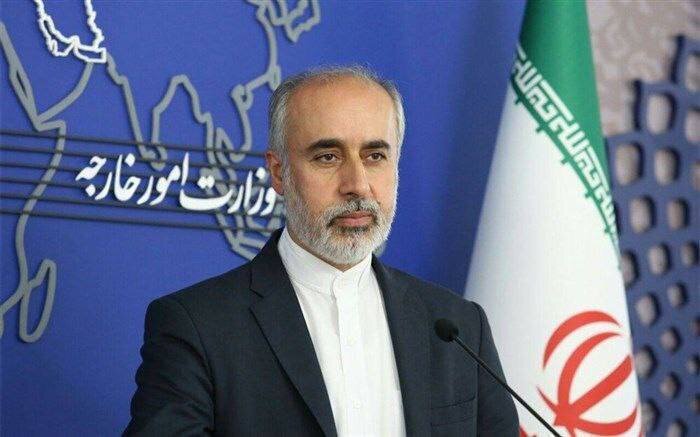The dark legacy of Western interference: slavery, colonialism, and coups: spox

TEHRAN- Nasser Kanaani, the spokesperson for Iran’s foreign ministry, has criticized the United States and the United Kingdom for their meddling in the affairs of other nations, specifically highlighting their involvement in the 1953 coup in Iran that ousted the democratically elected government of Mohammad Mosaddegh.
Kanaani stated on his X account on Sunday, “The history of American and British interference is marked by slavery, colonialism, coups, and military interventions, all of which reflect a dark and shameful legacy.”
The Iranian spokesperson emphasized that the US and UK will always be accountable for their reprehensible actions in toppling Mosaddegh’s government through the Coup d’état, as well as for their ongoing political, security, and military support for oppressive regimes.
Kanaani further remarked that, given this troubling history, these Western nations are now backing the illegitimate and racist Israeli regime and the atrocities occurring in Gaza, all while claiming to champion democracy and human rights.
In 1951, Iran’s prime minister, Mohammad Mossadegh, provoked significant anger in Britain by nationalizing Iran's oil industry. He contended that Iran should benefit from its extensive oil reserves, which had previously been under the exclusive control of the Anglo-Iranian Oil Company, later rebranded as British Petroleum (BP).
After deliberating on military intervention, Britain ultimately decided to execute a coup d’état. President Harry Truman dismissed the proposal, but upon Dwight Eisenhower's ascension to the presidency, he instructed the CIA to initiate one of its earliest covert operations against a foreign government.
The operation was spearheaded by Kermit Roosevelt, the grandson of President Theodore Roosevelt. The CIA pressured a young Shah to issue a decree removing Mossadegh from his position as prime minister.
Through tactics involving bribery, defamation, and staged riots, the CIA and British operatives worked to destabilize Mossadegh’s administration.
Approximately 300 individuals lost their lives in the violent confrontations that erupted in the streets of Tehran.
Mossadegh was ultimately ousted, receiving a sentence of three years in prison followed by lifelong house arrest.
